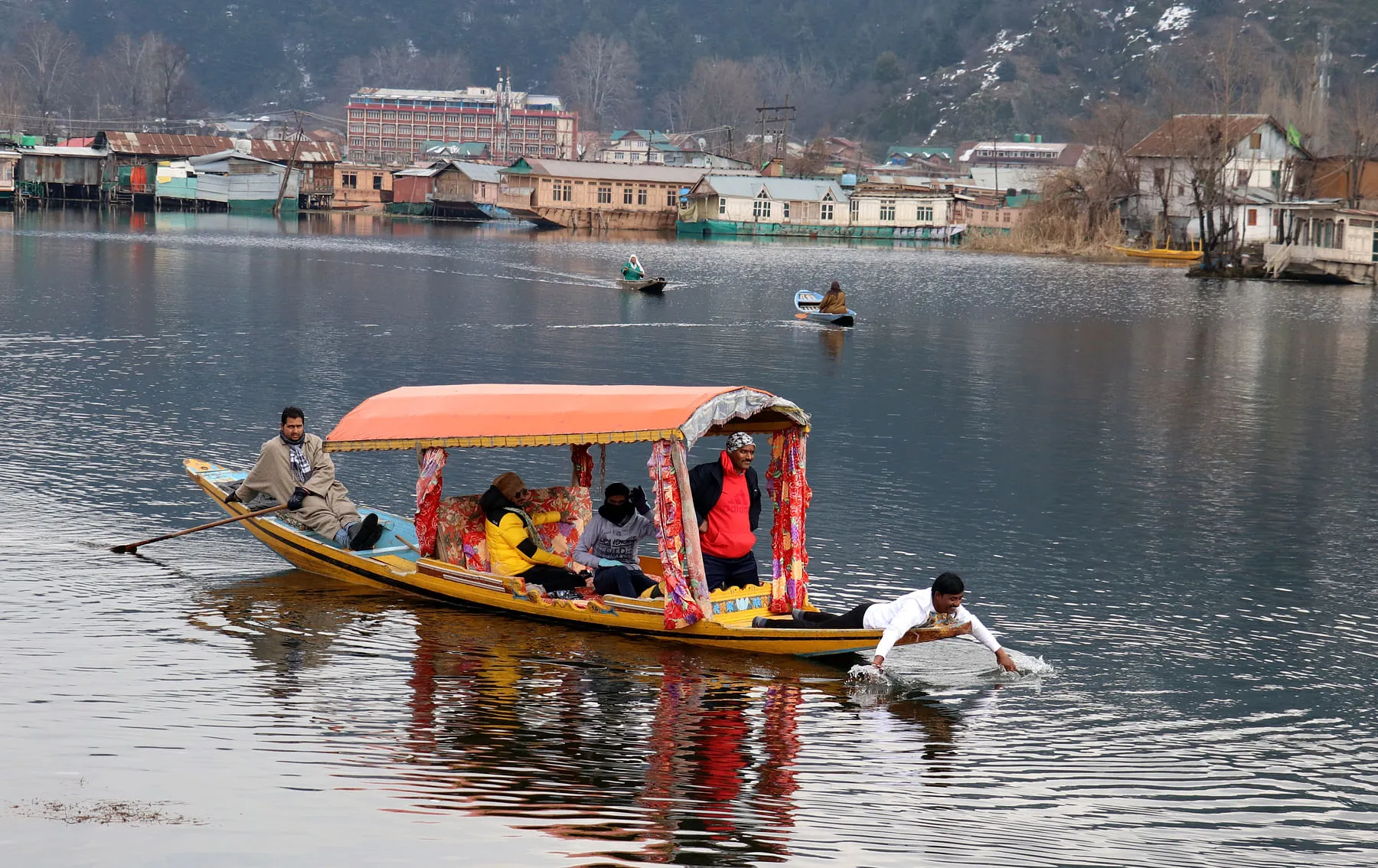Global tourism has been exposed to wide range of crises in the past few decades. Tourism is a significant part of many national economies and the immense shock to this sector resulting from the Coronavirus pandemic is affecting the wider economy. The relationship between pandemics and travel is all too obvious. Among the factors in the rapid spread of pandemic in the 21st century is the growing mobile world population, urbanization trends, increased population density, industrialized food production in global value chains, increased consumption of higher-order foods including meat, and the development of global transport networks acting as vectors in the spread of pathogens.
Tourism is considered as an immense contributor to economic growth and is widely accepted that year after year throughout the world a massive investment continues to pour in this sector. It has been observed that wherever there has been any major impact on the economy of any country, tourism has always been the first one to get affected as people start to cut down on their travel budgets first. However, tourism relatively had a direct role to play when it comes to COVID-19 which has widely spread in most of the countries with a high number of tourists. The world has experienced a number of major epidemics in the last few decades, yet none had the implications for the global economy as the COVID-19 pandemic. COVID-19 is not as contagious as measles and not as likely to kill an infected person as Ebola, but people can start shedding the virus several days in advance of symptoms. As a result, asymptomatic people transmit COVID-19 before they know they need to self-isolate or take other measures like physical distancing in public or wearing mouth/nose coverings to prevent spread of the virus through speaking, coughing, or sneezing. It has been known that as the number of COVID-19 cases exploded and spread globally, travel restrictions spread out from Wuhan region to most countries by the end of March. As governments around the world introduced unprecedented measures to contain the virus, restrictions on travel, business operations and people-to-people interactions have brought the tourism economy to a standstill. It can be estimated that over 90% of world’s population is in the countries with some level of international travel restrictions and many of these also have some degree of internal movement, including limited air travel and stay at home orders. The unprecedented orders like complete lockdown or closed borders in a wide range of countries in order to restrict travel to save human life. The rapid emergence, scientific understanding, and NPI responses to COVID-19 evolved over approximately eight weeks, and tourism organisations struggled to comprehend the scope of tourism sector during pandemic. The uncertainty and dynamics of the pandemic and policy responses are exemplified in estimates of COVID-19 impacts on the tourism sector by the WTO. WTO estimated the pandemic would cause international tourist arrivals to decline 1-3% rather than forecasted 3-4% growth. Later it has been revised by WTO that international travel reduced to 20-30% in 2020, leading to a potential loss of US$ 30-50 billion. As a result of travel restrictions and lockdown, global tourism has slowed down significantly, with the number of global flights dropping by more than half. One of the surprising impacts of COVID-19 is on the religious tourism i.e., the religious travel to Saudi Arabia. With this the world economy has been affected. The challenge is now to collectively learn from this global tragedy to accelerate the transformation of sustainable tourism.
In case of India, tourism sector is one of the important builders of Indian economy. India is home to world’s attractive cultural as well as religious sites so the people from all the continents visiting India throughout the year. The outbreak COVID-19 has adversely affects India’s tourism sector. In order to minimise the impact of this pandemic, India had taken a number of viable measures. Therefore, Lockdown and Travel ban has affected the all types of tourism whether it is international, national or domestic. Similarly the great tourist places of Kashmir valley are empty.
Mukhtar Ahmed Bhat is Research Scholar Department of Political Science, University of Kashmir






